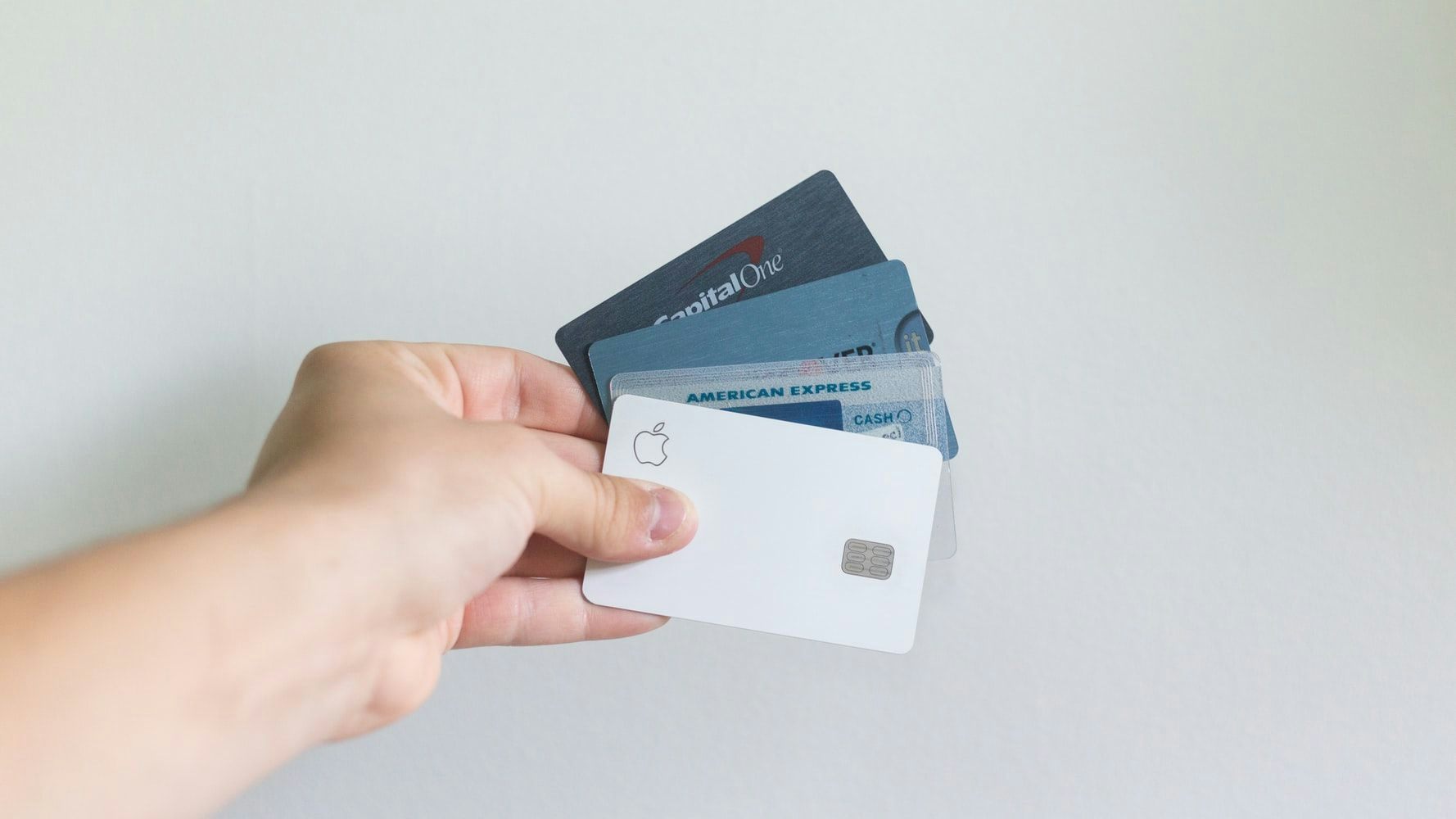As we covered yesterday, the United States has officially been declared in a recession. And of course, we've been dealing with the economic impacts of COVID-19 for months. As we navigate these uncertain times, many of our users are trying to make sure their finances stay healthy and we are here to help. One of the most contentious issues in personal finance management is credit—it's hard to know what the best credit cards are, when to open credit cards and when to close them out, and how to use them properly. So today we are doing a deep dive on the best practices for managing your credit portfolio in this challenging time and going forward. Let's get into it!
Reduce your Annual Fees
Many credit cards which offer significant rewards programs also require high annual fees. Many rewards programs, like the Chase Sapphire Program and the American Express Platinum card, come with perks for travel, like TSA Precheck and airline credits. But as many Americans adjust to life without essential travel, these perks might be less valuable to you than before. If you're paying annual fees of upwards of $400 a year, you should be getting really valuable perks in exchange. Consider cancelling cards that don't fit your lifestyle right now.
You might want to switch to a cashback card if you're facing reduced income, so that you can have more immediate benefits from your credit card. Cashback cards also tend to have lower annual fees than premium rewards cards.
However, before you cancel, see whether your credit card company is offering any sweeteners to keep customers. For instance, American Express is offering up to 50,000 bonus points for customers who stay with them. It might be worth it for you to keep your card if you're offered enough in exchange.
Keep No Annual Fee Cards Open
Don't rush to close down your credit cards if they have no annual fees. If you can afford to keep using your credit cards in a responsible way (not spending more than a third of your credit limit) on things like regular bills, you can use them to improve your credit even in tough financial periods. Also many cards with fees have a no fee option too - so switch to that one if possible.
During a recession, banks will often rush to close down accounts that are not being used in order to mitigate their own expenses and risks—they don't want to see cardholders turn to using cards for emergency purchases who aren't regular customers with steady income, so they shut down cards that they haven't seen used recently. What that means for you is that you should proactively be using your cards and making sure that you're paying off your full balance, every month.
If You Want a New Card, Apply Now
During recessions, banks and credit card companies are often pickier about who they approve for a card (Chase has already tightened their approval standards). So if there is a card with low or no annual fees that you've had your eye on, apply now to make sure that you get approved.
If your credit is above 700, you'll likely be ok even as the recession continues, but those with lower credit might want to get their applications in sooner rather than later—again, with the caveat that you should never open a credit card you cannot pay off each month.
Use your Cards for Regular Payments, Never Emergencies
During the pandemic, you may face unexpected costs for healthcare, food and other necessities. While it can be tempting to lean on your cards for those big needs, that's not best practice. You're much better off putting away small amounts as often as you can to prepare an emergency fund that's actually yours, rather than borrowed.
Why? Because borrowed funds come with sky-high interest rates, and putting yourself into credit card debt can trap you for years. You might cut yourself off from credit in the future, and it could take a long time to pay off. If you absolutely must, of course your well-being comes first. But for your financial future, it's better to utilize other funds.
We are committed to getting you the info you need during this time and supporting our users as they navigate the pandemic. You can find all our financial posts here!

